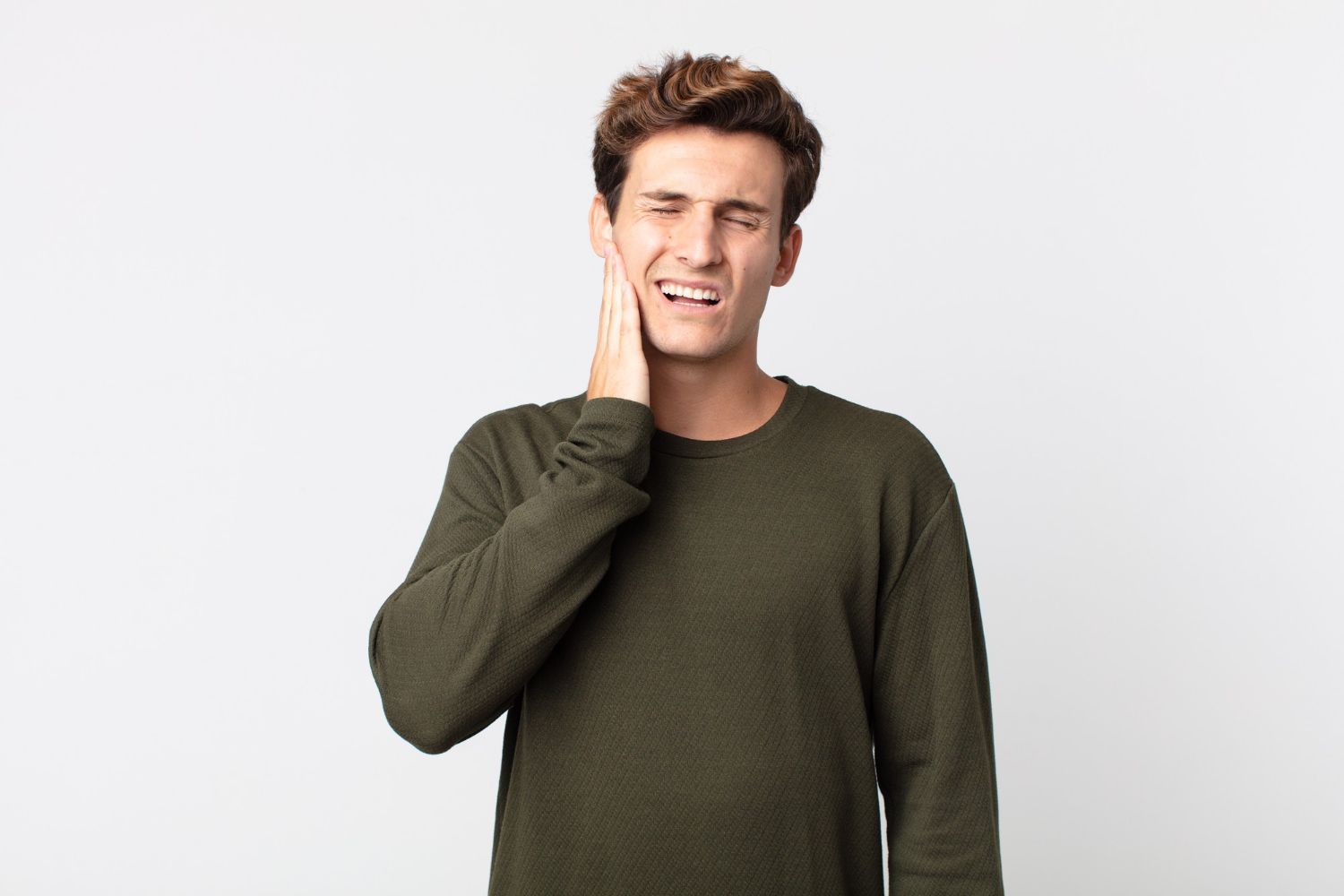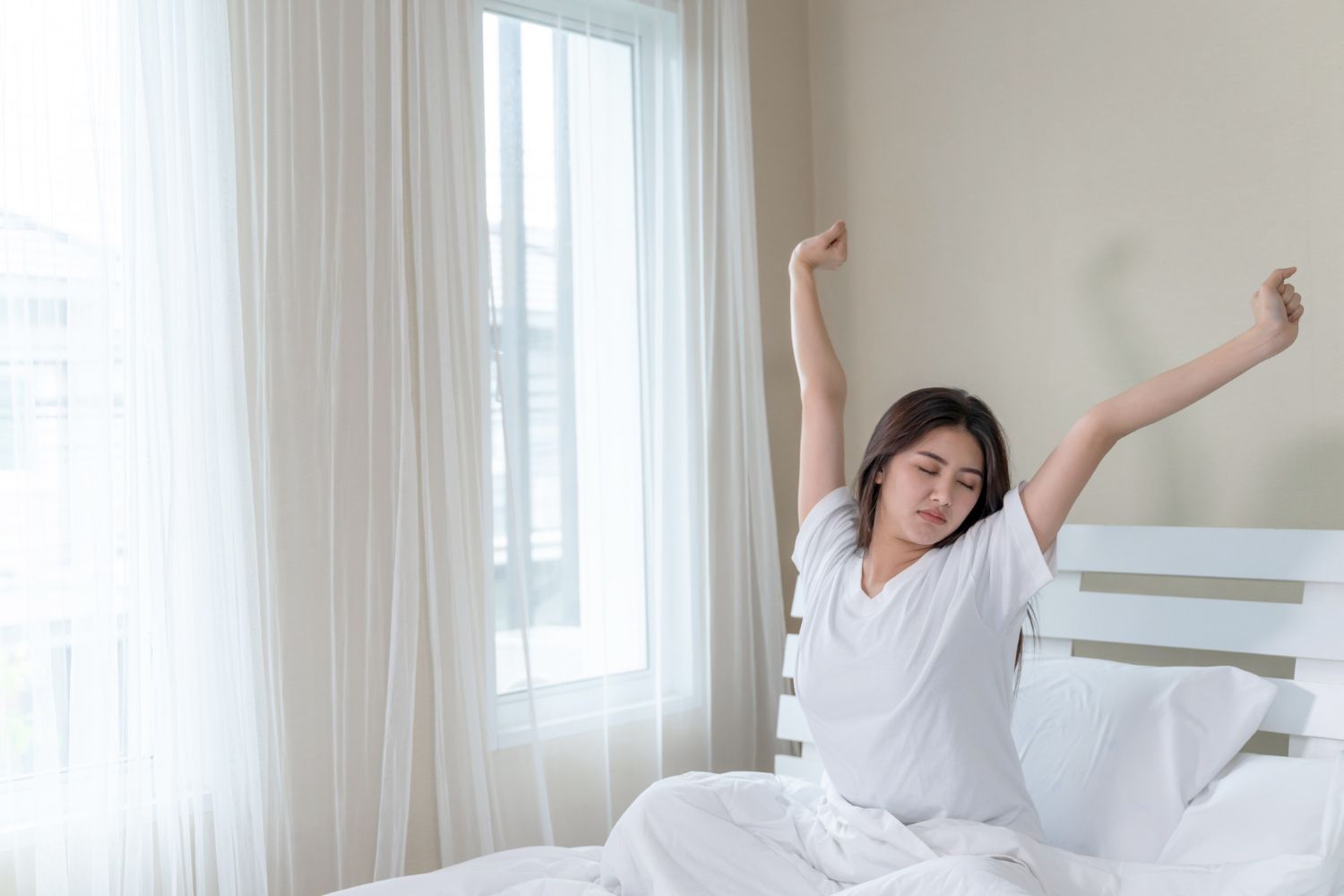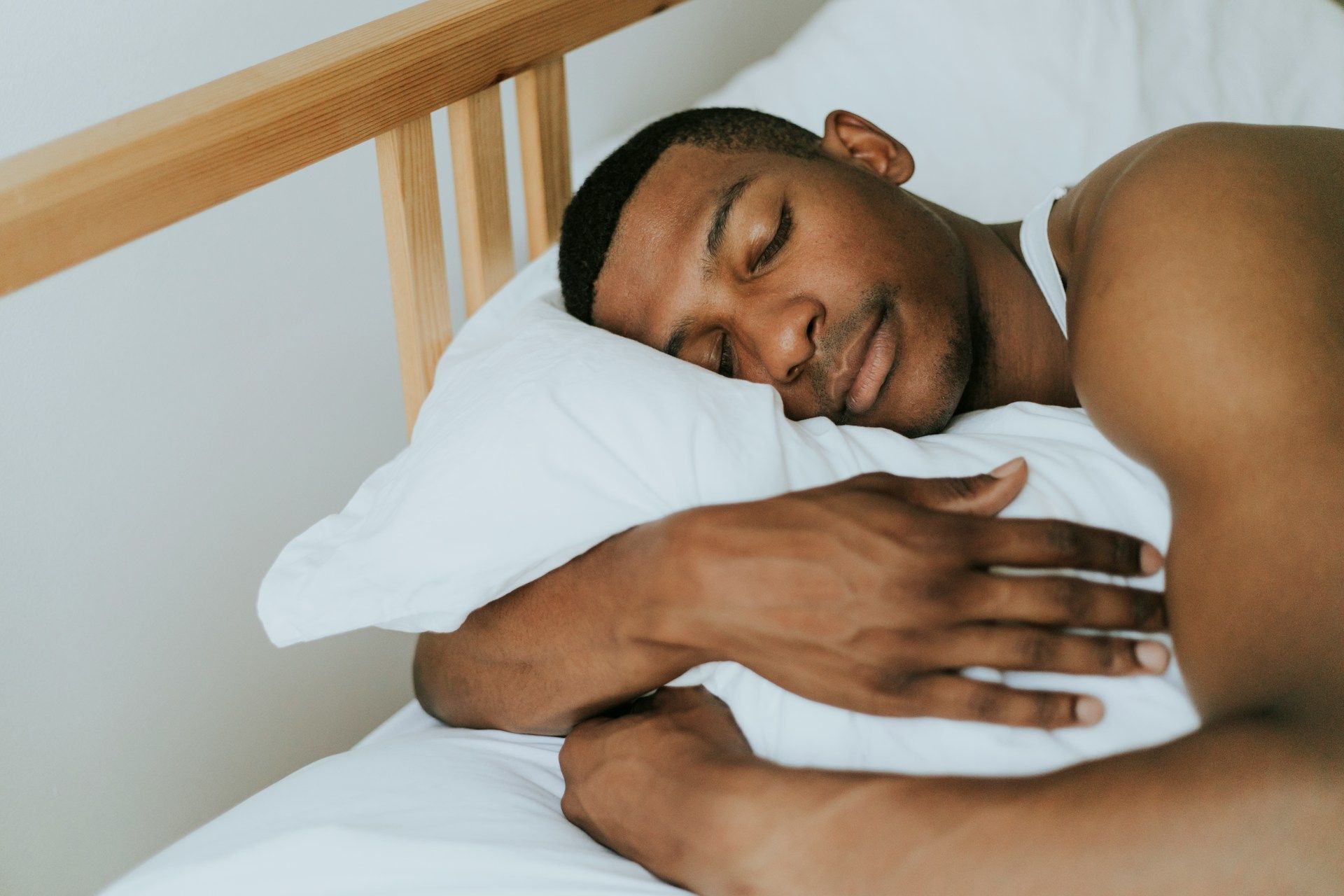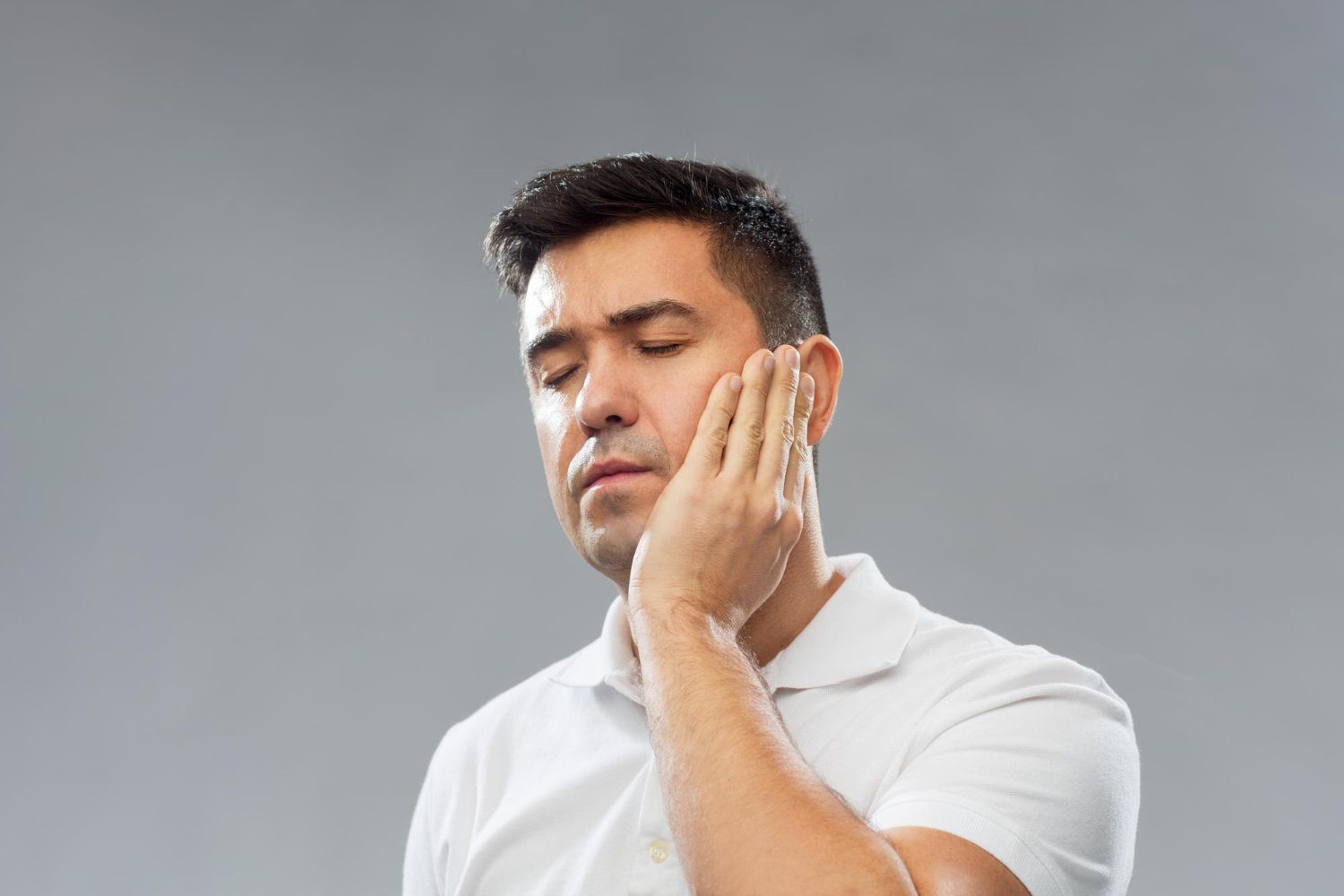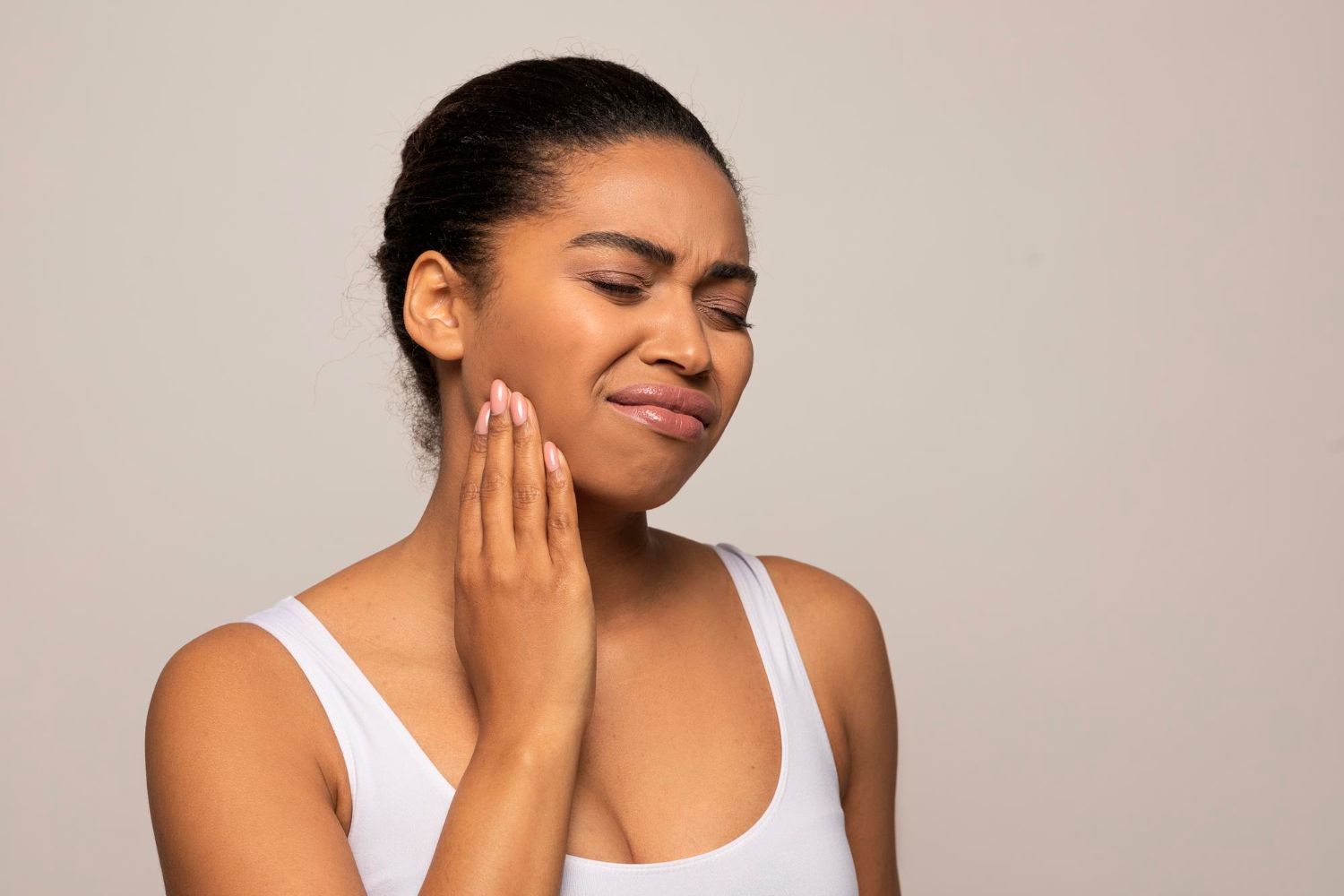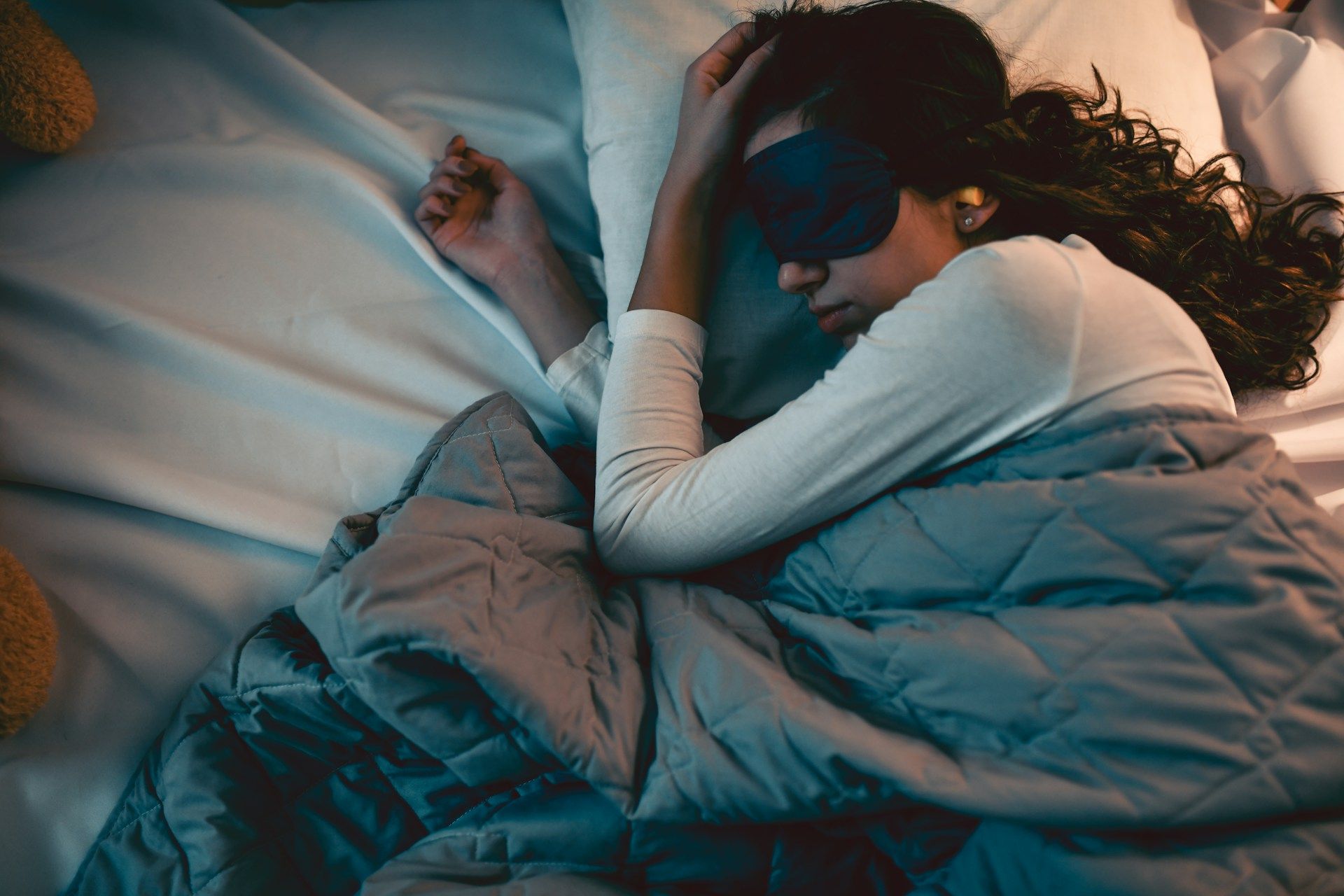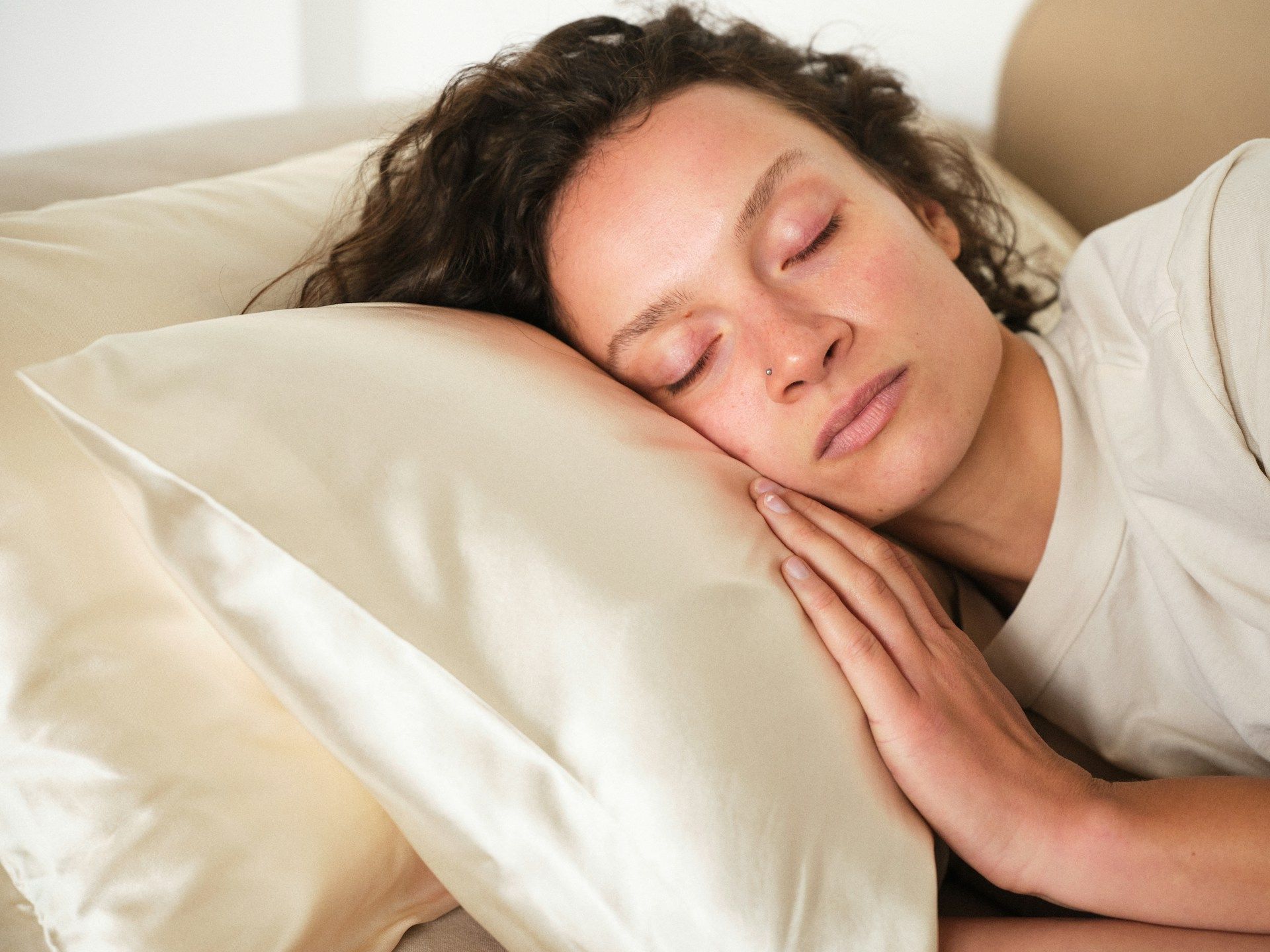Dr. Cameron Kuehne Explains Sleep Apnea for Kids

Sleep apnea is often thought of as a condition affecting adults, but it can also affect children. When a child has sleep apnea, their breathing can stop and start during sleep. This can cause problems like poor sleep, fatigue, and even trouble with school. Dr. Cameron Kuehne at The Center For Sleep Apnea and TMJ helps parents in Meridian understand and manage this condition in their children.
Understanding sleep apnea in kids is crucial for getting the right help. When children don’t get enough good sleep, it affects their mood, growth, and daily activities. It’s important to notice the signs early, like snoring, restless sleep, or daytime tiredness. Dr. Cameron Kuehne is skilled in identifying these signs and providing the best care for young patients.
This article will explore what sleep apnea is in kids, how Dr. Cameron Kuehne diagnoses it, and the treatment options available. We’ll also offer tips for parents to support their children living with sleep apnea. Understanding these aspects can help improve your child’s quality of life and ensure they get the rest they need for healthy development.
What Is Sleep Apnea in Kids?
Sleep apnea in kids is a condition where a child’s breathing stops and starts during sleep. This happens frequently throughout the night and disrupts their sleep cycle. The most common type is obstructive sleep apnea (OSA), where the airway becomes partially or completely blocked. This can be due to enlarged tonsils, adenoids, or other soft tissue in the throat.
Children with sleep apnea often show several signs. Snoring is one of the most noticeable symptoms. While not every child who snores has sleep apnea, loud and regular snoring is a warning sign.
Restless sleep is another indicator. Kids might toss and turn a lot or seem uncomfortable when they sleep. They might also experience pauses in breathing or choking sounds during the night.
Daytime symptoms are just as important to watch for. Daytime sleepiness, trouble paying attention, and behavioral problems at school could be linked to sleep apnea. When kids don’t get enough good sleep, they can be irritable and struggle with their daily activities. Recognizing these signs early can lead to a quicker diagnosis and treatment, helping improve your child’s overall well-being.
How Dr. Cameron Kuehne Diagnoses Sleep Apnea in Children
Diagnosing sleep apnea in children requires a thorough and careful approach. Dr. Cameron Kuehne at The Center for Sleep Apnea and TMJ starts with a detailed medical history. This includes asking about your child’s sleep patterns, any symptoms they exhibit, and their general health. Understanding these factors is crucial for an accurate diagnosis.
The next step is a physical examination. Dr. Kuehne checks the child’s airway, looking for any blockages or abnormalities like enlarged tonsils or adenoids. He also listens for any unusual sounds that might indicate breathing difficulties. Dr. Kuehne pays close attention to the structure of the child’s jaw and throat, as these areas are often involved in sleep apnea.
In some cases, additional tests might be necessary to confirm the diagnosis. These tests can include imaging to get a better look at the airway structures. Dr. Kuehne uses all the gathered information to pinpoint the cause of the sleep apnea and determine its severity.
This thorough process ensures that every child gets a clear diagnosis and the best possible treatment plan. Dr. Cameron Kuehne’s skill and experience in identifying sleep apnea help many children in Meridian get the care they need to sleep better and live healthier lives.
Treatment Options for Kids with Sleep Apnea
Treating sleep apnea in kids often relies on addressing the root cause of the condition. Dr. Cameron Kuehne at The Center for Sleep Apnea and TMJ uses various treatment methods tailored to each child’s specific needs.
One common treatment is the removal of tonsils and adenoids. Enlarged tonsils and adenoids are frequently the cause of airway blockages. By removing them, the airway can become clearer, leading to improved breathing during sleep.
Another option is orthodontic treatment. If the structure of the jaw is contributing to the sleep apnea, devices like expanders or braces might be recommended. These treatments help to align the jaw and teeth properly, which can reduce airway blockages and improve breathing.
In some cases, behavioral changes are effective. For instance, if a child’s sleep apnea is linked to obesity, adopting a healthier diet and encouraging regular physical activity can make a significant difference. Ensuring the child maintains a healthy weight can help reduce the symptoms of sleep apnea.
Dr. Cameron Kuehne works closely with parents to decide the best treatment plan for their child. Each method aims to help the child breathe easier at night, ensuring they get the restful sleep they need for proper growth and development.
Tips for Parents to Support Children with Sleep Apnea
Parents play a vital role in managing their child’s sleep apnea. Here are some tips that can help:
1. Maintain a Regular Sleep Schedule
- Description: Consistency is key for good sleep.
- Tip: Set a regular bedtime and wake-up time to help your child's body get used to a sleep routine.
2. Create a Sleep-Friendly Environment
- Description: An ideal sleep setting can improve sleep quality.
- Tip: Make sure your child’s room is cool, dark, and quiet. Remove distractions like screens before bedtime.
3. Encourage Side Sleeping
- Description: Sleeping on the back can worsen sleep apnea.
- Tip: Encourage your child to sleep on their side to keep their airway open.
4. Monitor Diet and Exercise
- Description: A healthy lifestyle supports better sleep.
- Tip: Provide a balanced diet and ensure your child gets regular exercise. This helps manage weight and overall health.
5. Stay Informed and Communicate
Description: Being aware and keeping in touch with healthcare providers is crucial.
Tip: Keep regular appointments with Dr. Cameron Kuehne and communicate any changes in your child's symptoms.
By following these tips, parents can help manage their child's sleep apnea and improve their overall health and well-being.
Conclusion:
Understanding and managing sleep apnea in kids is critical for their health and development. With Dr. Cameron Kuehne’s expertise at The Center for Sleep Apnea and TMJ, parents in Meridian have access to thorough diagnosis and effective treatment options for their children. Recognizing symptoms early and getting the right treatment can make a world of difference in a child’s life.
Parents can also support their children by maintaining a healthy sleep routine and environment. Simple lifestyle changes can significantly improve symptoms and overall health.
If you believe your child might have sleep apnea, don't hesitate. Contact Dr. Cameron Kuehne at The Center For Sleep Apnea and TMJ to schedule a consultation for a
sleep apnea treatment in Meridian, ID, today.

